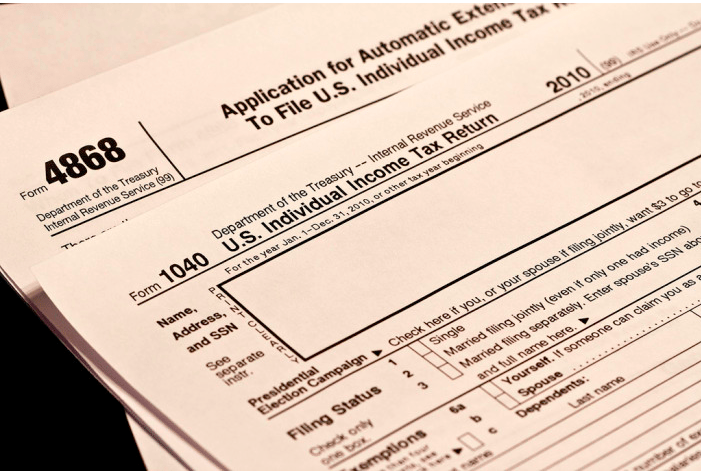Tips For Avoiding A Tax Scam This Season


This coming Wednesday, April 15, is the deadline for filing our personal income tax paperwork, making this the perfect time for scammers to hit, trying to trick us into revealing personal and financial information. With that in mind, Attorney General Eric Schneiderman has released a list of known scams. New Yorkers can also report suspected scams by phone at 1-800-771-7755 or by filling out a form online.
One of the most common scams involves scammers impersonating IRS officials in order to get you to pay off fake debts with a pre-paid credit card or to give them personal information.
According to the AG’s office, knowledge is power, so remember these facts:
- The IRS and legitimate government agencies never demand payment by phone;
- If you owe money, you will receive a legitimate notice in writing that identifies the agency and the reason you owe money;
- Do not give out personal information, including your Social Security number or bank account information, to telephone callers;
- Legitimate government organizations will never threaten arrest or deportation for failure to pay a debt;
- Legitimate government agencies will never insist that consumers pay a debt only via a pre-paid credit card.
Additional tips include these from the IRS, as well as the following:
- If you use a tax-preparation service, use only established and recognizable companies;
- Check the tax preparer’s qualifications and history through the Better Business Bureau;
- Ask for a written estimate of all fees; avoid those who base their fees on a percentage of your refund;
- Make sure the tax preparer is accessible, even after the April due date;
- Never sign a blank return;
- Review entire return before signing;
- Make sure the preparer signs the tax form and includes a Preparer Tax Identification Number (PTIN);
- Consult New York’s “Consumer Bill of Rights Regarding Tax Preparers.”
Another scheme revolves around Refund Anticipation Loans (RALs) and Refund Anticipation Checks (RACs). RALs are high-cost, high-interest loans, not “24-hour” refunds. And RACs are temporary bank accounts — for people who don’t have bank accounts of their own — that allow you to receive a direct-deposit refund, but that charge you a lot of money that effectively reduces your refund amount. If you use an accountant or tax preparer, they are required to give you a written note that points out:
- That consumers are not required to take out a refund anticipation loan or refund anticipation check in order to receive your tax refund;
- The amount of fees and interest consumers will have to pay for a refund anticipation loan or refund anticipation check;
- The amount consumers will receive after the fees and interest are deducted;
- The annual percentage rate of interest that consumers will be charged;
- The amount the refund will be without a RAL.
Official outlets to get tax preparation help for free are called Volunteer Income Tax Assistance (VITA) sites and, for anyone who makes $60,000 or less per year may qualify for FreeFile and can use free tax preparation and e-filing software. Information on free e-filing is available at: www.tax.ny.gov.